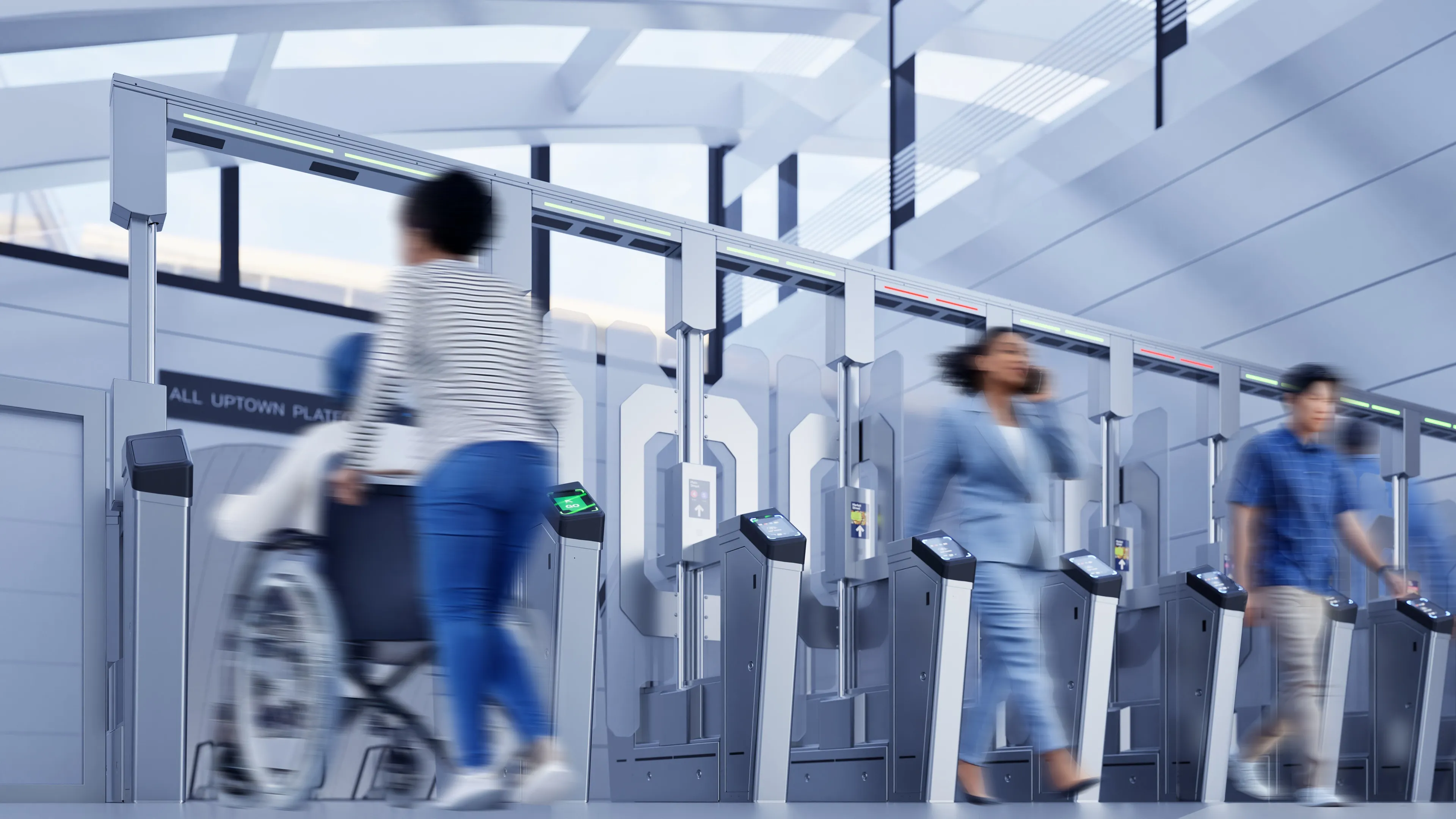Thales has been selected to provide the central control and communication systems for Sydney Metro Northwest, the first fully-automated metro rail system in Australia, which opens in the first half of 2019 with a train every four minutes in the peak. Thales will deliver both systems to the Northwest Rapid Transit consortium (NRT) as a key supplier to NRT’s systems joint venture.
With an approximate value of US$5.5 billion, Sydney Metro Northwest is the first stage of Sydney Metro, which aims to deliver a
November 20, 2015
Read time: 2 mins
With an approximate value of US$5.5 billion, Sydney Metro Northwest is the first stage of Sydney Metro, which aims to deliver a new standalone 36 km metro rail system for Sydney, including eight new railway stations, upgrade of five existing stations and 4,000 commuter car parking spaces.
The New South Wales Government plans to extend the from the end of Sydney Metro Northwest, under Sydney Harbour, through new underground stations in the CBD and southwest to Bankstown.
The central control system will ensure seamless rail operations, including real-time control mechanisms and data for various diverse systems, while providing a holistic view of the entire network. The communication system will connect the public address, the passenger information systems, the CCTV and digital information boards, to a centralised system allowing a fully integrated approach to information management.









